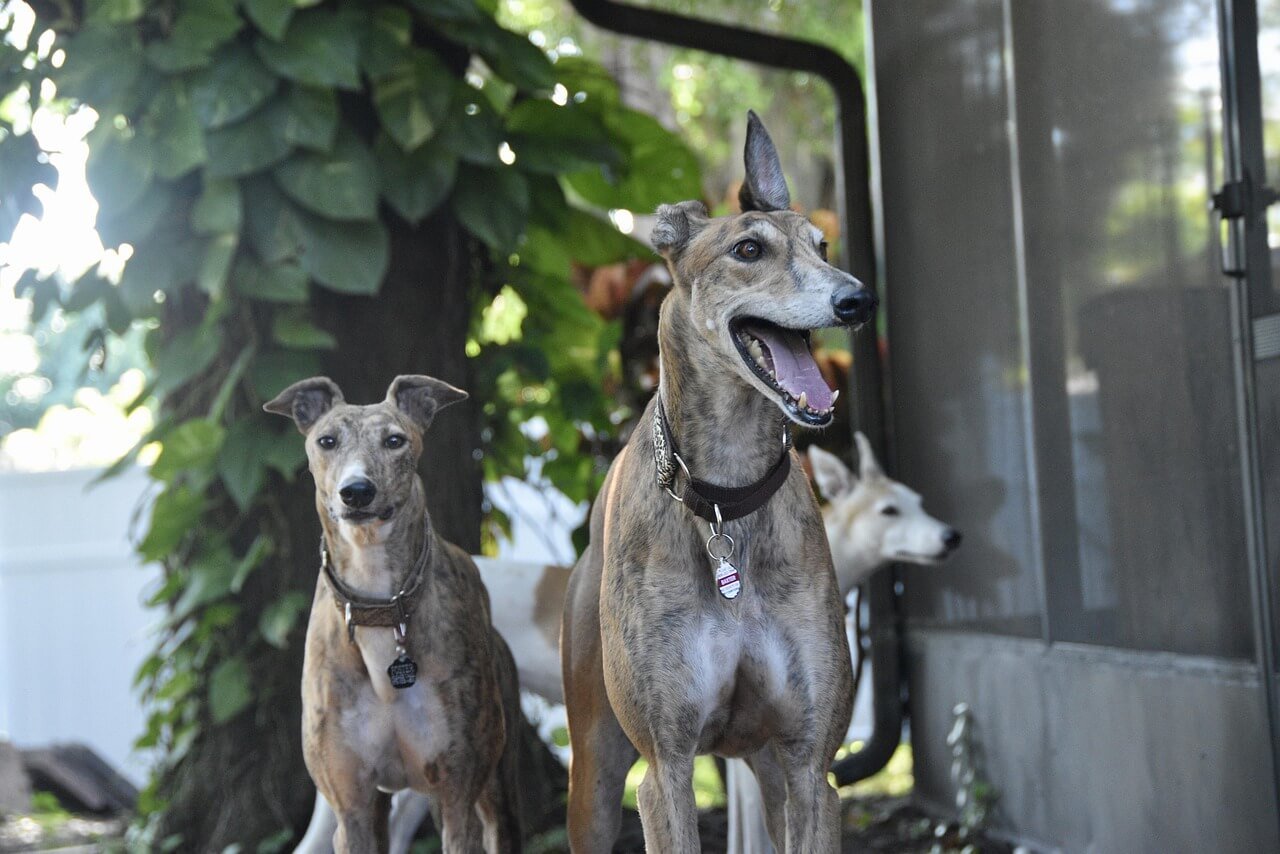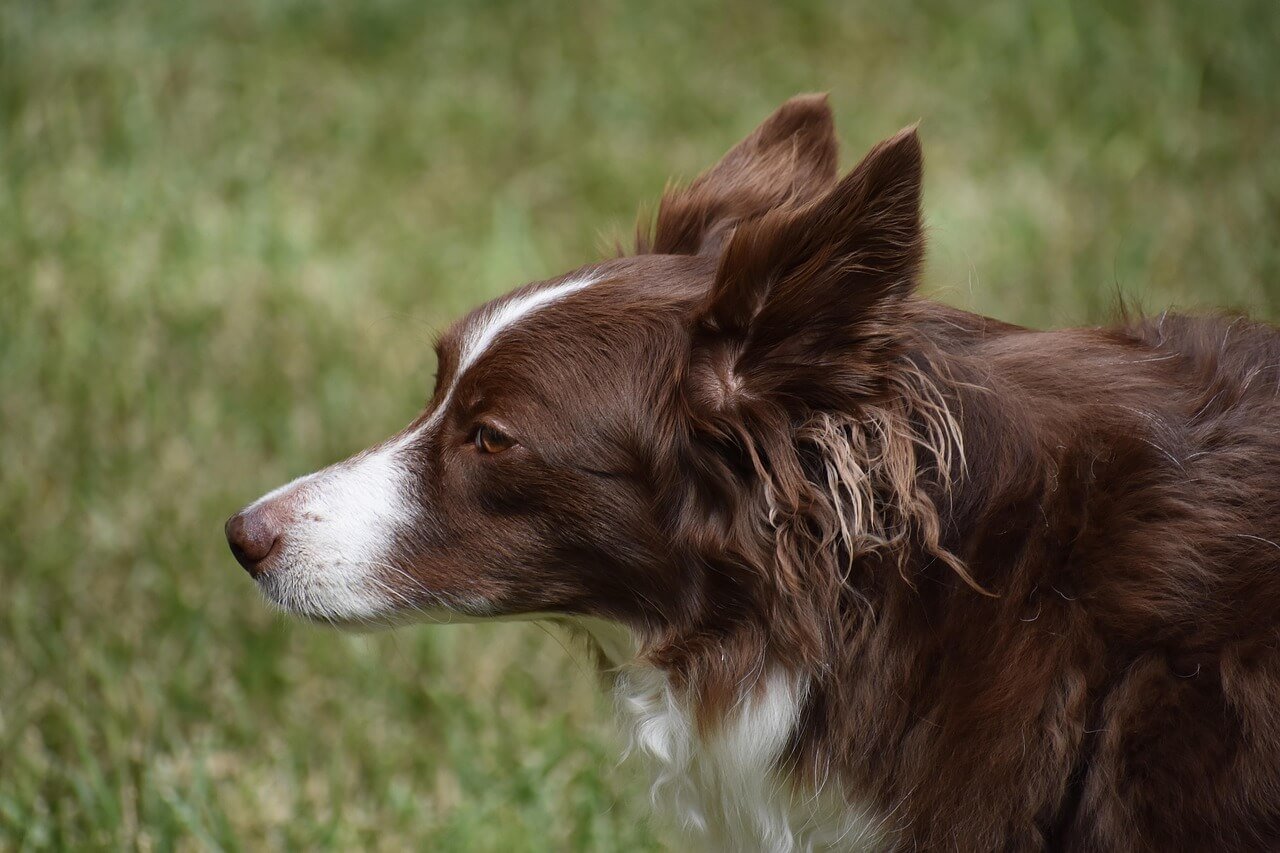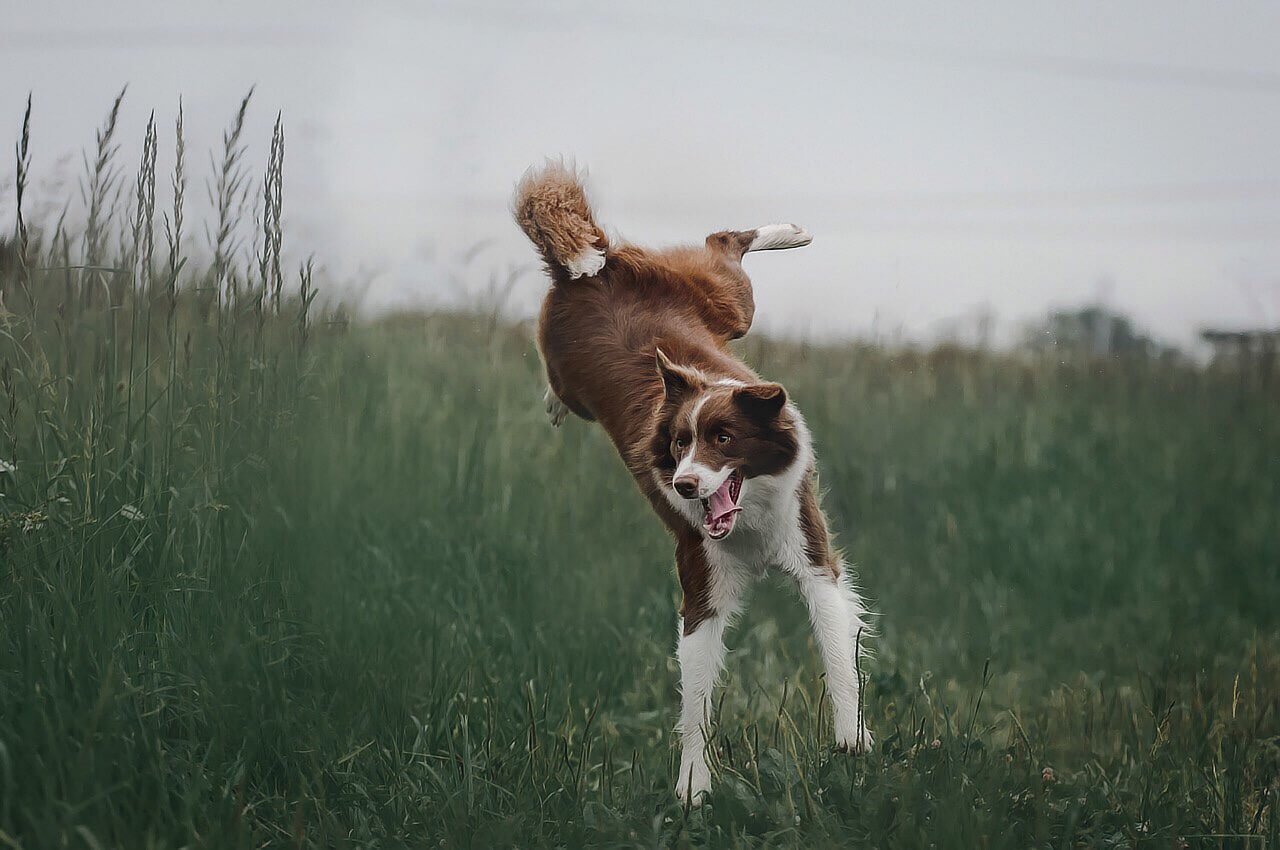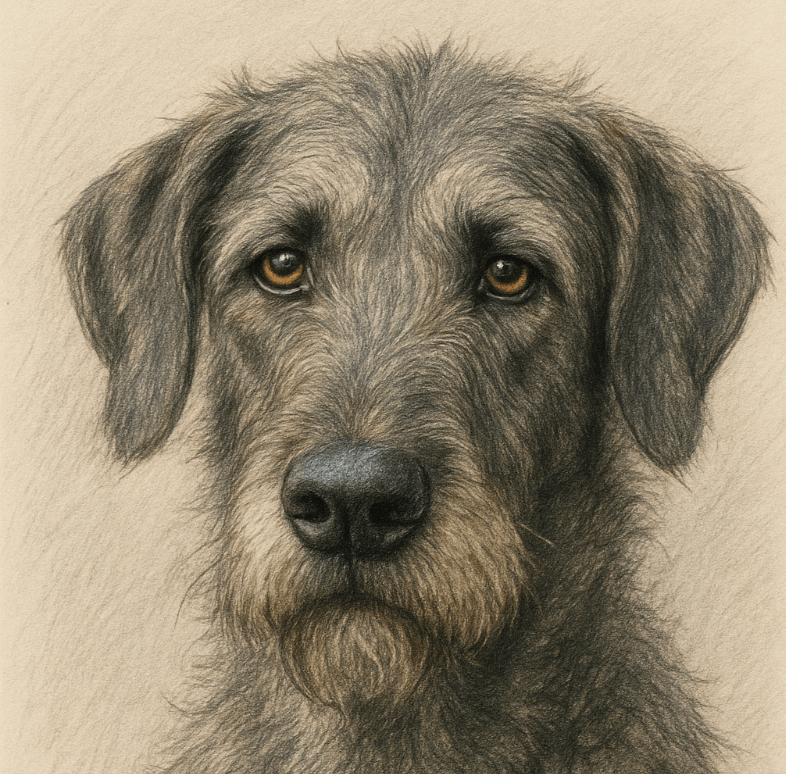Why Does My Dog Grunt? Decoding the Sounds of Your Furry Friend
Dogs are known for their expressive nature, and while barking, whining, and growling often take the spotlight, grunting is a lesser-known yet equally intriguing behavior. If you’ve ever wondered why your dog makes these pig-like noises, you’re not alone. Many pet owners find themselves puzzled when their furry companion starts to grunt, whether during playtime, sleep, or even while lounging on the couch. In this blog post, we’ll dive into the fascinating world of canine communication and explore the reasons behind this unique sound. By understanding what your dog’s grunts mean, you can strengthen your bond and ensure their well-being.
Common Reasons Why Dogs Grunt
Dogs grunt for a variety of reasons, and these sounds often serve as a form of communication. Whether they’re expressing contentment, discomfort, or curiosity, grunting can provide valuable insights into your dog’s emotional state. Below are some common explanations for this behavior:
- Comfort and Relaxation : Dogs may grunt when they’re feeling particularly cozy, such as after settling into their favorite spot on the couch or bed.
- Excitement During Play : Some dogs grunt when they’re engaged in playful activities, signaling their enthusiasm and enjoyment.
- Attention-Seeking Behavior : If your dog wants food, toys, or affection, they might grunt to get your attention.
- Nasal Irritation : Allergies, dust, or foreign objects in the nasal passages can cause grunting as your dog tries to clear their nose.
- Sign of Aging : Senior dogs may grunt more frequently due to changes in their respiratory system or joint discomfort.
While most grunting is harmless, it’s essential to observe your dog’s overall behavior to rule out any underlying issues. Understanding the context of their grunts can help you respond appropriately and ensure their needs are met.
Health-Related Causes of Dog Grunting
Sometimes, grunting can indicate that your dog is experiencing discomfort or health problems. While occasional grunts are usually nothing to worry about, persistent or unusual grunting may warrant a closer look. Here’s what you need to know:
- Respiratory Issues : Conditions like kennel cough, asthma, or brachycephalic airway syndrome can lead to grunting as your dog struggles to breathe comfortably.
- Digestive Problems : Bloating, gas, or gastrointestinal discomfort may cause your dog to grunt as they try to relieve pressure.
- Pain or Injury : Dogs in pain, especially around the abdomen or joints, might grunt as a way to express their discomfort.
- Allergies or Sinus Issues : Environmental allergens or sinus infections can irritate your dog’s nasal passages, leading to frequent grunting.
- Neurological Concerns : In rare cases, neurological conditions can affect your dog’s ability to control their vocalizations.
If you notice that your dog’s grunting is accompanied by other symptoms like lethargy, loss of appetite, or labored breathing, it’s crucial to consult a veterinarian. Early intervention can prevent minor issues from escalating into more serious health concerns.
Expert Opinion: Understanding Canine Grunting
Renowned veterinarian Dr. Sarah Thompson explains, “Dogs often use grunting as a form of communication, similar to how humans sigh or hum. It can signal contentment, but if the grunting is excessive or paired with signs of distress, it’s crucial to investigate further. Observing your dog’s body language and environment is key to decoding their unique vocalizations.”
Check this guide 👉 Why Does My Dog Keep Licking Her Privates? Best 7 Tips!
Check this guide 👉 Why Does My Dog Rub Its Face on the Carpet? Best 7 Tips!
Check this guide 👉 Why Is My Dog Swallowing So Much? Best 7 Expert Tips!
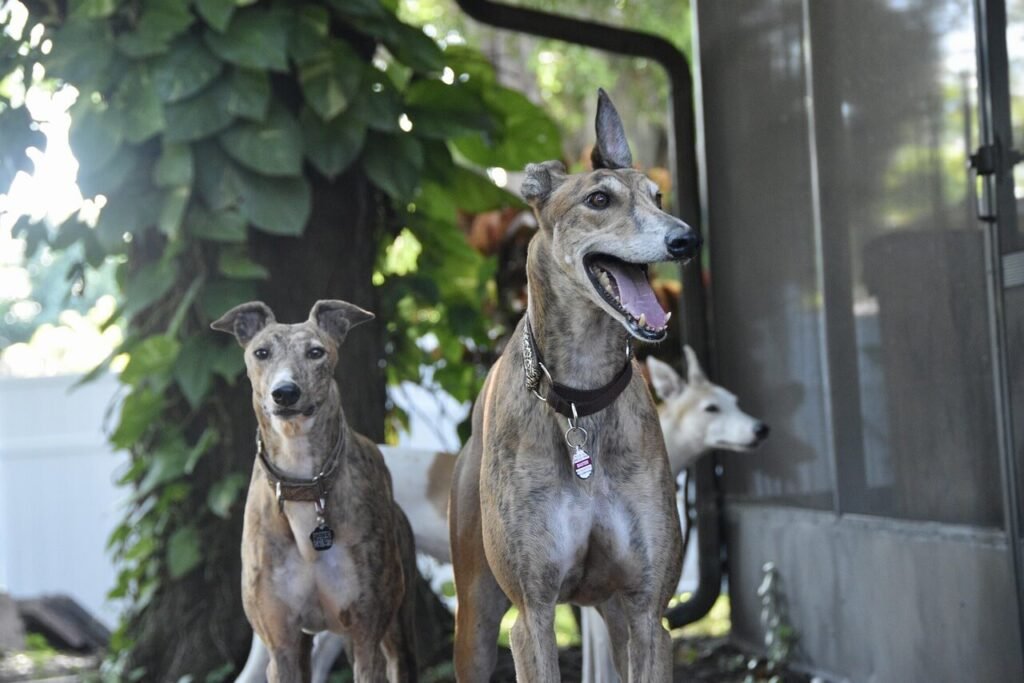
Possible Causes of Dog Grunting | What You Can Do |
|---|---|
Comfort and relaxation | Provide a cozy sleeping area |
Excitement during playtime | Engage in interactive play sessions |
Nasal irritation or allergies | Keep their environment clean |
Digestive discomfort | Monitor their diet and hydration |
Signs of aging or joint pain | Schedule regular vet check-ups |
How to Respond to Your Dog’s Grunting
Understanding why your dog grunts is only half the battle; knowing how to respond is equally important. Depending on the context, your reaction can either reinforce positive behavior or address potential concerns. Here’s a guide to help you navigate this:
- Observe Their Body Language : Pay attention to your dog’s posture, facial expressions, and overall demeanor to determine if they’re happy, anxious, or in pain.
- Provide Comfort : If your dog seems relaxed and content, offer gentle petting or soothing words to enhance their sense of security.
- Redirect Attention : For attention-seeking grunts, redirect their focus to a toy or activity to discourage excessive vocalization.
- Consult a Professional : If the grunting seems abnormal or persistent, seek advice from a veterinarian or animal behaviorist.
- Maintain a Healthy Routine : Regular exercise, a balanced diet, and routine vet visits can help minimize unnecessary grunting caused by stress or health issues.
By responding thoughtfully, you can foster a stronger connection with your dog while ensuring their physical and emotional needs are met.
Preventing Unnecessary Grunting
While grunting is a natural behavior for many dogs, there are steps you can take to minimize unnecessary or disruptive grunts. Proactive measures can help create a harmonious environment for both you and your furry friend. Consider the following tips:
- Address Underlying Health Issues : Regular vet check-ups can catch and treat potential health problems before they escalate.
- Create a Stress-Free Environment : Minimize loud noises, sudden changes, or other stressors that might trigger anxiety-related grunting.
- Train Positive Behaviors : Use positive reinforcement to encourage calm behavior and reduce attention-seeking grunts.
- Keep Their Space Clean : Regularly clean your dog’s bedding and living area to reduce allergens and nasal irritants.
- Monitor Their Diet : Ensure your dog’s meals are nutritious and easy to digest to prevent digestive discomfort.
With a little effort, you can reduce the frequency of unnecessary grunting and promote a peaceful household dynamic.
Emotional Triggers Behind Dog Grunting
Dogs are highly emotional creatures, and their grunts can often be linked to their current emotional state. By observing the context in which your dog grunts, you can gain valuable insights into how they’re feeling. Here are some common emotional triggers:
- Happiness and Contentment : Dogs may grunt softly when they’re enjoying a belly rub or lounging in their favorite spot.
- Excitement and Anticipation : Grunting can occur when your dog is eagerly waiting for a treat, toy, or walk.
- Anxiety or Stress : Some dogs grunt as a way to cope with nervousness, especially during loud noises like thunderstorms.
- Frustration : If your dog is unable to access something they want, such as a toy behind a closed door, they might grunt in frustration.
- Bonding Moments : Grunting during cuddles or playtime can signify that your dog feels safe and connected to you.
Understanding these emotional cues allows you to respond appropriately and ensure your dog feels secure and loved. Remember, your dog’s grunts are often their way of expressing what words cannot.
Environmental Factors That Influence Grunting
A dog’s environment plays a significant role in their behavior, including their tendency to grunt. Changes or disruptions in their surroundings can trigger this vocalization. Here are some environmental factors to consider:
- Temperature and Comfort : Dogs may grunt more when they’re too hot or cold, signaling their discomfort.
- Noisy or Chaotic Settings : Loud environments, such as crowded parks or construction sites, can cause stress-related grunting.
- New Surroundings : Moving to a new home or introducing unfamiliar people or pets can lead to increased grunting as your dog adjusts.
- Allergens and Irritants : Dust, pollen, or strong scents in the air can irritate your dog’s nasal passages, causing them to grunt.
- Routine Changes : Sudden shifts in daily schedules, such as altered feeding or walking times, may prompt grunting as your dog expresses confusion.
By maintaining a stable and comfortable environment, you can minimize unnecessary grunting and help your dog feel more at ease. Consistency and observation are key to understanding how external factors affect your pet.
Breed-Specific Tendencies and Grunting
Certain dog breeds are more prone to grunting due to their physical characteristics or temperaments. Recognizing breed-specific tendencies can help you better understand why your dog grunts and whether it’s a cause for concern. Consider the following points:
- Brachycephalic Breeds : Dogs with flat faces, like pugs and bulldogs, often grunt due to their shortened airways and breathing challenges.
- High-Energy Breeds : Active breeds, such as retrievers and border collies, may grunt during intense play or exercise as a sign of excitement.
- Lap Dogs : Smaller breeds, like Cavalier King Charles Spaniels, are known for their affectionate nature and may grunt while snuggling or seeking attention.
- Guardian Breeds : Protective breeds, such as German Shepherds, may grunt when they sense a potential threat or are on high alert.
- Senior Dogs : Older dogs of any breed may grunt more frequently due to age-related changes in their joints, respiratory system, or overall comfort levels.
While breed tendencies can provide helpful context, it’s important to remember that individual personalities also play a significant role. Tailor your approach to your dog’s unique needs and behaviors to ensure their happiness and well-being.
Frequently Asked Questions About Dog Grunting
Is it normal for dogs to grunt?
How can I tell if my dog’s grunting is a sign of pain?
Should I be worried if my dog grunts a lot?
Occasional grunting is usually harmless, but persistent or unusual grunting may signal an underlying issue that requires veterinary attention.
Can allergies cause my dog to grunt?
Yes, nasal irritation from allergies or environmental factors can lead to increased grunting.
Do certain breeds grunt more than others?
Brachycephalic breeds, such as pugs and bulldogs, are more prone to grunting due to their unique respiratory structures.
How can I tell if my dog’s grunting is a sign of pain?
Look for additional signs like limping, restlessness, or changes in appetite. If in doubt, consult your veterinarian.
Understanding Your Dog’s Grunts: A Path to Deeper Connection
In conclusion, your dog’s grunting is more than just a quirky habit—it’s a window into their emotions and well-being. By paying close attention to the context and frequency of these sounds, you can better understand what your furry friend is trying to communicate. Whether it’s a sign of happiness, discomfort, or something else entirely, addressing your dog’s needs with care and empathy will strengthen the bond you share. Remember, every dog is unique, and patience is key to unraveling the mysteries of their behavior. So the next time your dog lets out a little grunt, take a moment to listen—it might just be their way of saying, “I love you.”
Understanding Acantholytic Cells in Dogs: Best 7 Tips! Learn about acantholytic cells, their role in skin conditions, and how to manage them effectively for your dog’s health.
Best Dogs for Chickens: Best 7 Expert Tips! Discover the top dog breeds and expert advice for keeping chickens safe. Learn how to build a harmonious farmyard team today!
Can a Bully Stick Make a Dog Sick? Best 7 Expert Tips! Discover risks, benefits, and expert advice to keep your dog safe while enjoying bully sticks.
Great Dane Irish Wolfhound Mix: Best 7 Expert Tips! Discover essential advice on care, temperament, and health for this majestic hybrid. Perfect for dog lovers seeking a gentle giant!

